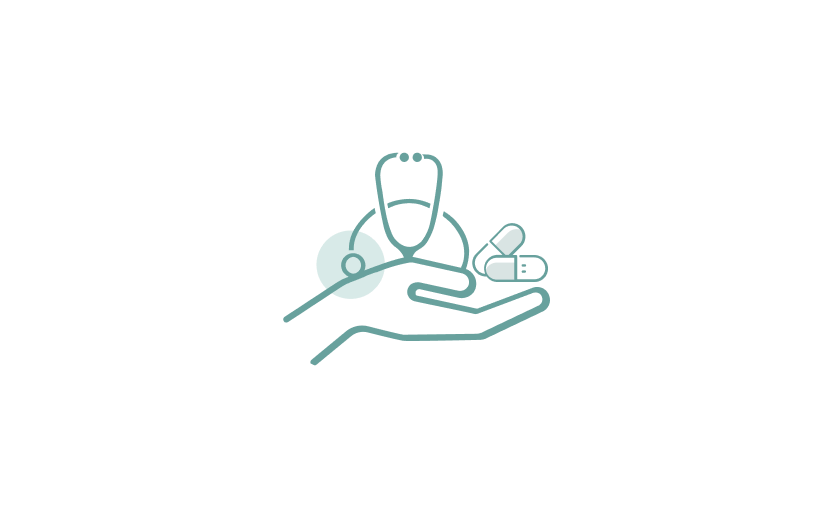Anger Management
Are you finding it difficult to control your anger? Do you frequently experience uncontrollable outbursts that negatively impact your relationships and well-being? Anger Management with MediPsych can provide you with effective strategies and support to regain control over your emotions.
What is Anger Management?
Imagine a storm brewing inside you, ready to unleash its fury at any moment. That’s what it can feel like for someone who struggles with anger management. This condition affects the way individuals express and handle anger, making it difficult to maintain healthy relationships and cope with daily stressors.
Anger management is a therapeutic approach that helps individuals understand and control their anger, enabling them to respond to conflicts and frustrations in a healthier and more productive manner. It involves learning techniques and strategies to manage anger effectively, improving communication skills, and developing coping mechanisms to prevent anger from escalating into destructive behavior.
leading Symptoms
The many faces of Anger Management

Explosive Anger
Imagine someone who frequently loses their temper, displaying intense anger that is out of proportion to the situation. They may shout, break objects, or engage in physical aggression.

Passive Aggressive Anger
Think of a person who expresses their anger indirectly through sarcasm, stubbornness, and deliberately ignoring others' needs or requests.

Chronic Resentment
This is someone who holds grudges, nurtures feelings of anger for extended periods, and may become resentful and bitter over time. They may struggle to let go of past grievances and find it challenging to forgive others.
Do you think you might have an issue with anger?
Take the self-assessment
I always
- always
- always
have severe mood swings and find it difficult to control my emotions
most of the time
- most of the time
- most of the time
. I often
- often
- often
have a hard time concentrating and get between 4-5 hrs
- 4-5 hrs
- 4-5 hrs
sleep each night.
- always
- always
- most of the time
- most of the time
- often
- often
- 4-5 hrs
- 4-5 hrs
What symptoms to look out for
-
Children Depression, anxiety or ADHD in children can often show up as anger. Children experiencing anger may exhibit defiant behavior like disobeying rules or pushing boundaries. Childhood anger may result from a history of trauma or abuse. But it can also be caused by some major change or shift in the child’s life.
-
Adolescents Like adults, teenagers may exhibit angry behavior combined with feeling anger inside of themselves. Anger in teenagers may present as defiant behavior or participation in risky activities. Anger can be a response from previous trauma experience or abuse, or it can be a coping mechanism to deal with difficult change.
-
Adults Adults may experience anger symptoms internally and externally. If you are experiencing anger issues, you may feel like there is a rage inside of you that is trying to escape. You might not even be aware of where the anger comes from. Externally, your anger may be causing conflict in your relationships, lashing out at loved ones, or even other external expressions of frustration such as road rage.



Schedule an appointment to be assessed for Anger Management
Unmasking Anger Management: Diagnosis
While anger is a normal human emotion, recurrent and uncontrollable anger that significantly impacts daily life may warrant an evaluation for anger management issues. A mental health professional can assess the severity and underlying causes of anger problems, ruling out any potential coexisting mental health conditions like depression or anxiety.
Treatment
Finding the balance
Most people with anger management issues benefit from a combination of:

Therapy
Therapy is a common treatment approach that helps individuals identify triggering situations, improve communication and conflict resolution skills, and develop healthy coping mechanisms to manage anger. Cognitive-behavioral therapy (CBT) and dialectical behavior therapy (DBT) are often effective in addressing anger management issues.

Stress management
Learning stress-reduction techniques like deep breathing exercises, mindfulness, meditation, and relaxation exercises can help individuals control their anger reactions and reduce emotional intensity.

Anger management
Individuals may benefit from learning specific techniques to manage anger, such as identifying and challenging negative thought patterns, using assertiveness instead of aggression, and practicing empathy and understanding.

Support systems
Building a support network of friends, family, or support groups can provide a safe space to express emotions, seek advice, and gain perspective from others who have experienced similar challenges.
